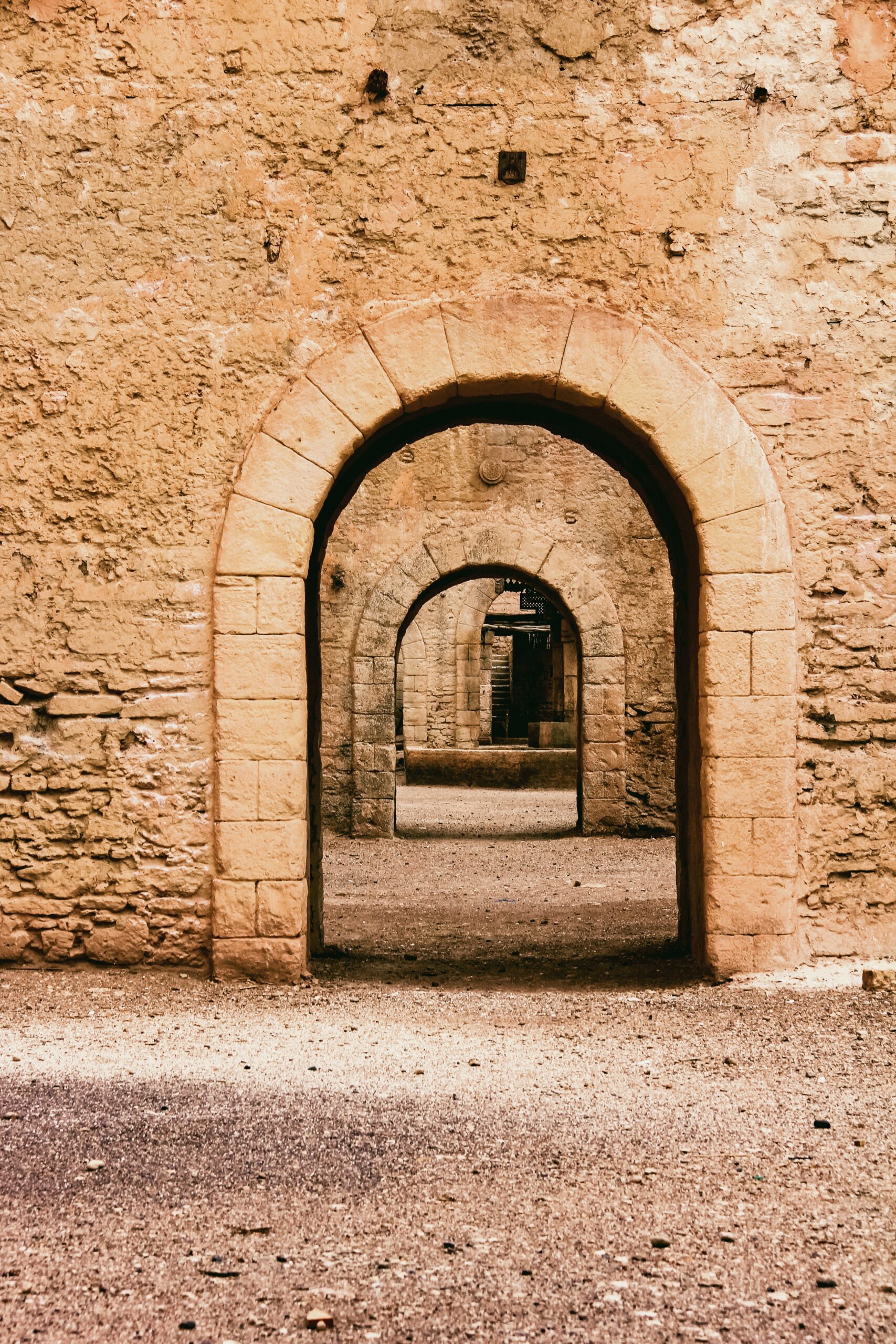Looking back on your pre-teen or middle school years, what is your feeling?
If we’re feeling generous, most of us will look back and cringe, or at least laugh.
If we’re feeling less than generous, we might look back with disgust or humiliation.
And yet, at the time we were just trying our best to figure out life and our place in the world.
Those years were merely a step in our growth; a time of learning (admittedly, usually awkwardly!)
We live in a time where the past is judged harshly.
People and institutions are compared to the standard of today and condemned for their differences from our current sensibilities. As a result, if the prevailing thought so dictates, many will conclude that those people or that nation or that organization is at best, fatally flawed, or at worst, evil or unworthy.
We are counseled to judge righteous judgment, so we do need to think critically about what is right and wrong.
But we are also commanded not to judge others.
The line between the two judgment poles is not always clear, but it seems that righteous judgment is for our own personal learning and application, discernment of what brings us closer to God and what is in opposition to Him. Unrighteous judging is used to label, condemn, or apply pronouncements about others.
The scriptures show us a God who is patient with His people’s awkward stages of learning and growth, who recognizes our limited understanding and never imposes unfair standards.
Who meets us and works with us from where we are.
Who builds on the past to make the future better.
If He is so generous with us, should we not extend that same charity to those in the past?
Pre-teen development had its purpose in us. We can be grateful for those formative years-for the lessons we learned and the growing we did that provided a foundation for our lives now.
Similarly, we can be grateful for those who lived before us, who struggled and stretched and did the best they could to figure out life; celebrate the good they accomplished and trust in the power of Christ to redeem the rest.
We need not condemn their honest efforts because they had less knowledge or experience or time in history than us, but we can learn from them and build on what they gained and passed along.
We probably don’t know as much as we think we do anyway, but we can judge what is of benefit for us and what should not be repeated.
God alone knows enough to pass final judgment.
In time we, too, will be the past.
Those in the future may look at our time and cringe or laugh, or condemn or pass judgment.
We can rest in the knowledge that God recognizes our limited understanding, our imperfect vision and our sometimes juvenile efforts, and allows us the time and space for growth, patiently guiding and inviting us to be ever better.
It is grace offered to all of us.
Past, present and future.




